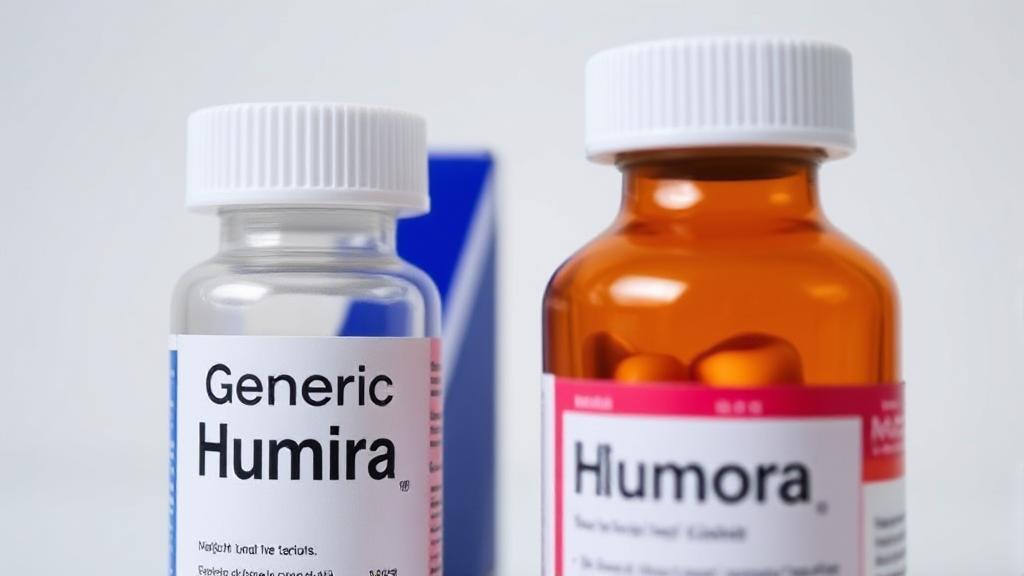Understanding Humira and Biosimilars
Humira, known generically as adalimumab, is a biologic medication used to treat various autoimmune conditions such as rheumatoid arthritis, psoriatic arthritis, Crohn's disease, and ulcerative colitis. It works by blocking tumor necrosis factor (TNF), a protein involved in inflammation and immune system responses.
Unlike traditional medications, biologics like Humira don't have standard generic versions. Instead, they have biosimilars - highly similar versions that must demonstrate no clinically meaningful differences in safety, purity, and potency. These biosimilars are made from living cells and undergo rigorous testing to ensure they match the original medication's efficacy and safety.
Available Biosimilars
As of 2023, several FDA-approved Humira biosimilars have entered the U.S. market, including:
- Amjevita (adalimumab-atto)
- Cyltezo (adalimumab-adbm)
- Hyrimoz (adalimumab-adaz)
- Hadlima (adalimumab-bwwd)
- Yuflyma (adalimumab-aaty)
Administration Methods
| Delivery Type | Description |
|---|---|
| Pre-filled Pen | Auto-injector device |
| Pre-filled Syringe | Traditional manual injection |
| Vial | For healthcare provider administration |
"While the medication itself is highly similar, patients may notice differences in the delivery devices or injection mechanisms between various biosimilars."
Cost and Insurance Considerations
The introduction of biosimilars typically results in significant cost savings, though not as dramatic as with traditional generic medications. Early reports indicate Humira biosimilars may cost 5-40% less than the original brand-name version.
Steps for Insurance Coverage:
- Check with insurance provider about coverage
- Discuss switching options with healthcare provider
- Investigate manufacturer assistance programs
- Review changes in copay assistance programs
Conditions Treated
Humira biosimilars are approved for multiple conditions, including:
- Rheumatoid arthritis
- Psoriatic arthritis
- Ankylosing spondylitis
- Crohn's disease
- Ulcerative colitis
- Plaque psoriasis
Impact on Healthcare
The availability of biosimilars offers several benefits:
- Increased Accessibility: More patients can afford necessary treatments
- Reduced Healthcare Costs: According to the Association for Accessible Medicines (AAM), biosimilars could save the U.S. healthcare system up to $250 billion over the next decade
- Enhanced Competition: More options in the market can drive down prices
- Innovation: Improvements in delivery devices and patient support programs
Challenges and Considerations
When considering a switch to biosimilars, patients should be aware of:
- Patient and physician acceptance concerns
- Variations in insurance coverage
- Differences in support services
- The need for medical supervision during transition
- Importance of monitoring for effectiveness and side effects
For more detailed information, visit the FDA's Biosimilars page or consult with healthcare providers about available options.
Research has consistently shown that FDA-approved biosimilars are just as safe and effective as their reference products, as demonstrated in a comprehensive review published in BioDrugs.
